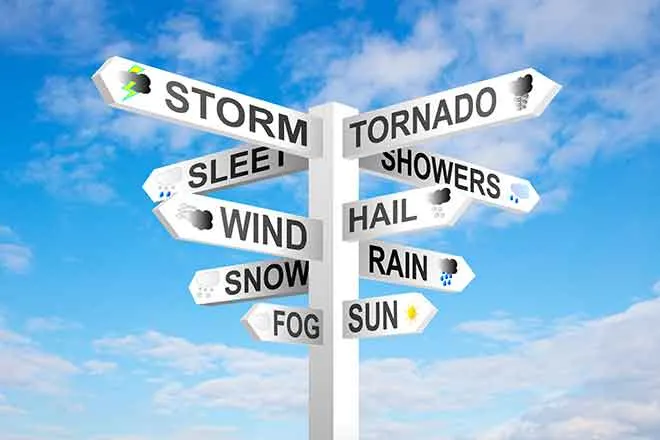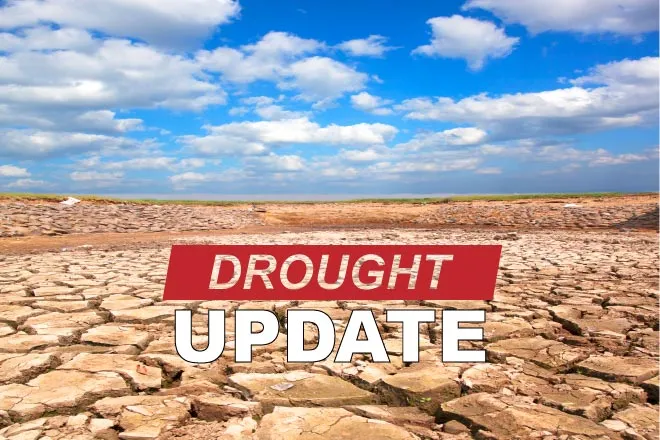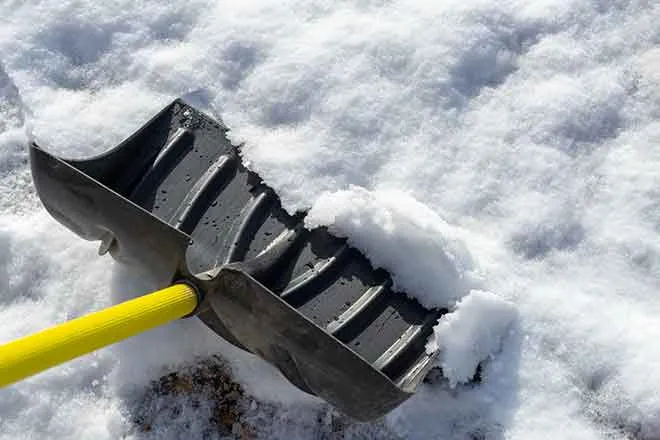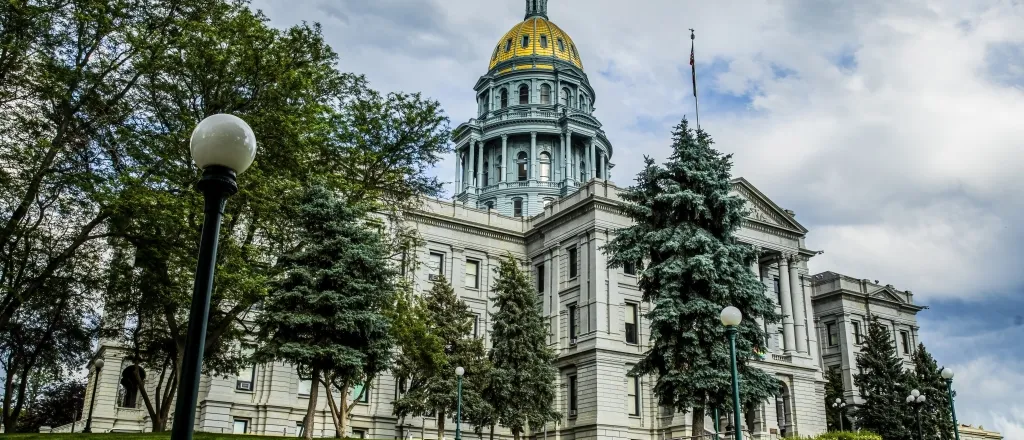
Livestock industry flexes muscle over Democrat-controlled Colorado Legislature
© fotoguy22 - iStock - 1468912821
Click play to listen to this article.
A bill to exempt any Colorado livestock producer's personal information from the Colorado Open Records Act when they collect public dollars for livestock lost to wildlife is swiftly moving through the General Assembly.
Proponents said the law is necessary to prevent potential harassment and scrutiny over how ranchers are working to keep livestock safe from wolves.
Ryan Sedgeley, Southern Rockies field representative for the Endangered Species Coalition, said hiding the names of anyone who receives taxpayer money is not good policy.
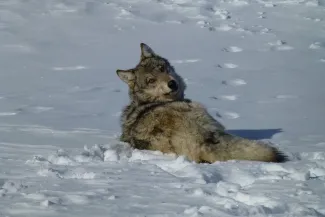
USFWS - public domain
"Senate Bill 38 invites the opportunity for fraud and abuse," Sedgeley contended. "Because when there is no accountability or transparency for who's receiving taxpayer money for damage, anybody can take advantage of that."
The measure has cleared the Senate. The House Ag, Livestock and Water Committee is scheduled to hear the bill today. Supporting the bill are 25 registered lobbyists representing livestock interests. The Center for Biological Diversity and Colorado Freedom of Information Coalition are lobbying in opposition.
Sedgeley pointed out most Coloradans support living alongside wolves and have doubled down on financial compensation for lost livestock, especially for family-scale producers. In addition to state and Colorado State University, Sedgeley noted new "Born to be Wild" license plates have already brought in $650,000.
"That directly goes to helping ranchers do this work," Sedgeley emphasized. "We also have a lot of nonprofit partners who are actually out in the field helping ranchers, getting them the materials and supplies they need. And there's a range-riding program that's been stood up."
Sedgeley added the actual threat wolves pose to livestock is very low.
"Less than 1 percent of cattle mortality is a result of wolves in places where there are actually significant amounts of wolves, like up in the Northern Rockies," Sedgeley observed. "And to put that in context, dogs kill about 11.3 percent; weather is responsible for 9.3 percent."




